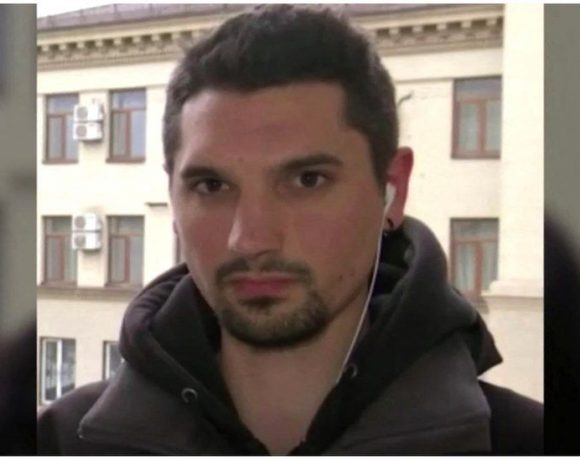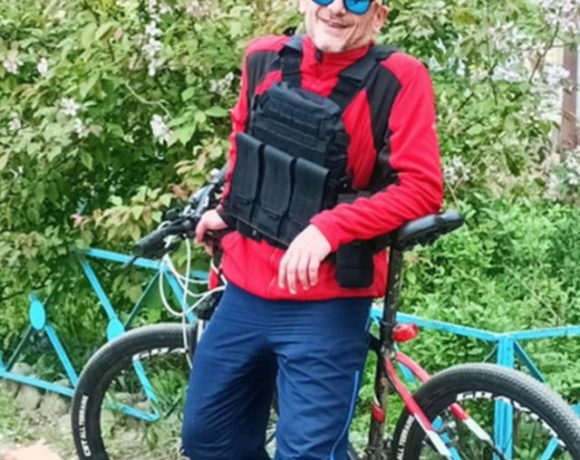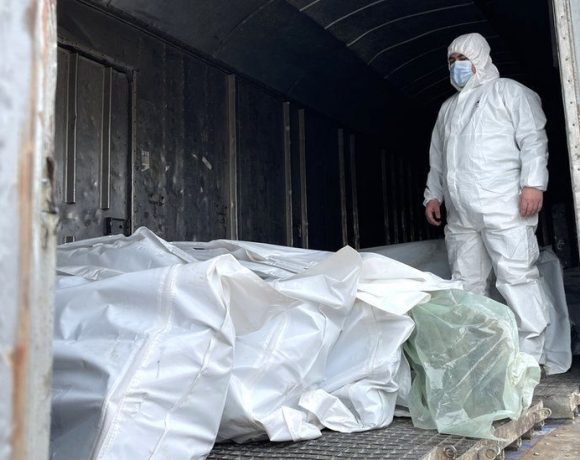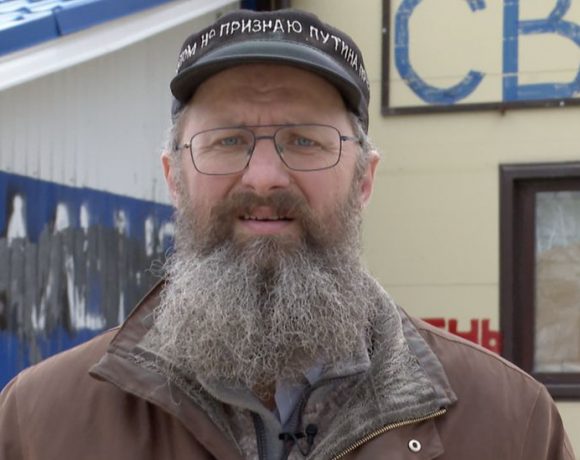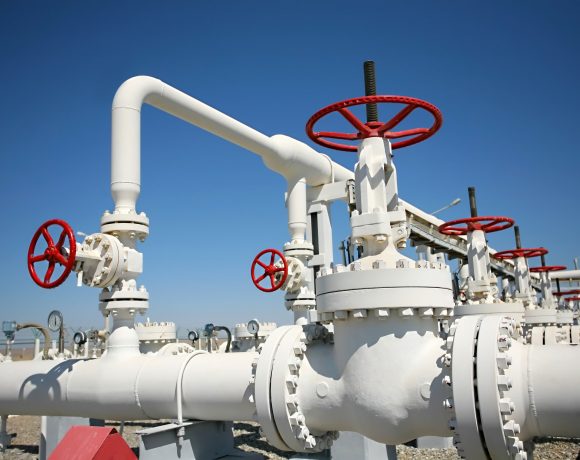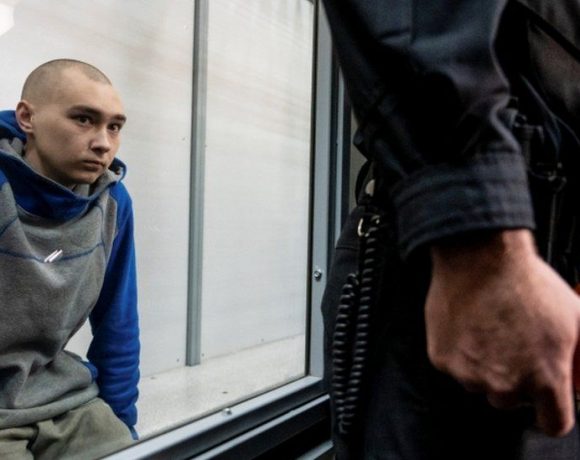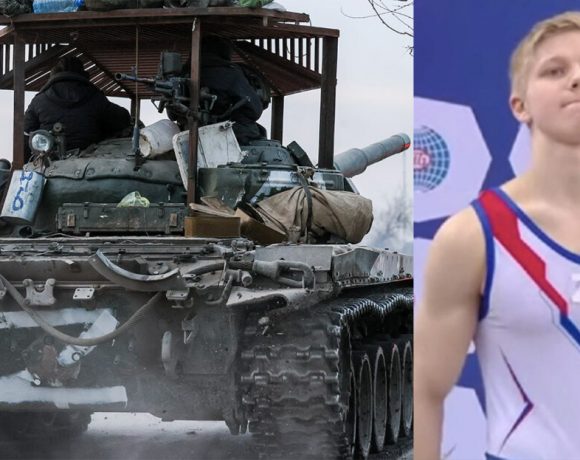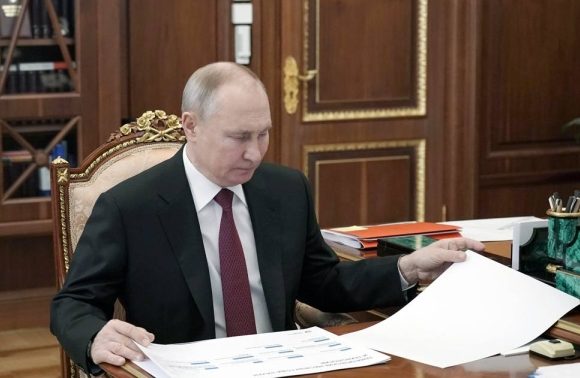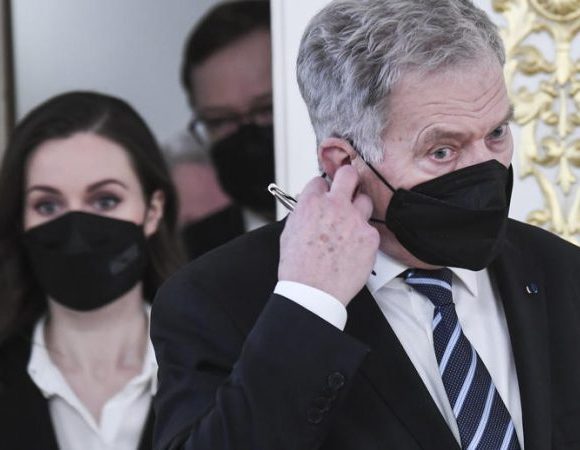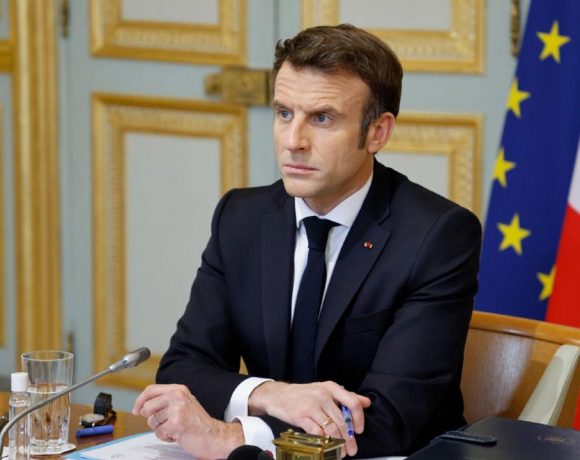
Ukraine’s foreign minister has slammed French President Emmanuel Macron for stating that Russia must not be humiliated as a result of its invasion. Mr. Macron stressed the importance of President Vladimir Putin having a way out of a “fundamental error.”
Allies, on the other hand, should “better focus on how to put Russia in its place” as it “humiliates itself,” according to Dmytro Kuleba. Mr Macron has spoken with Mr Putin on the phone several times in an attempt to broker a ceasefire and negotiations.
The French efforts to maintain contact with Putin contrast sharply with the US and UK positions. “Calls to avoid humiliating Russia can only humiliate France and every other country that would call for it,” Foreign Minister Kuleba said in a tweet.
Ukraine must not give Russia territorial concessions, according to Kyiv, because Russia’s invasion has been condemned internationally as a brutal aggression. Mr Macron had previously told French regional media that Russian President Vladimir Putin had “isolated himself.”
“I believe, and I told him so,” he said, “that he made a historic and fundamental error for his people, for himself, and for history.” “Isolating oneself is one thing,” he continued, “but getting out of it is a difficult path.”Mario Draghi, Italy’s prime minister, has sided with Mr Macron, saying Europe wants “some credible negotiations.”
Picture Courtesy: Google/Images are subject to copyright

